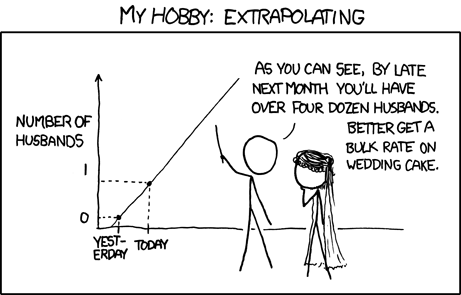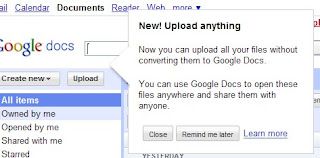So, over the last couple of days the
OU's Annual Learning and Teaching Conference has been held. Normally, that would involve schlepping to the OU's campus in Milton Keynes but this year, the conference was organised by
Martin Weller and ended up online instead. Using a handful of 'rooms' in Elluminate,
the programme involved both internal and external speakers and the opportunity for a moderated discussion after each session. At this point, I should say that I was one of the moderators so there's going to be a tadette of bias creeping in soooo... y'know... pinch o' salt and all that good stuff.
Anyhoo... here are a few reflections on the experience...
1. A great speaker is a great speaker no matter whether that's face-to-face or online
Wikipedia creator,
Jimmy Wales had the closing keynote and I have to say he was excellent. Engaging and interesting - and the discussion was full of great questions with which he engaged well beyond his allotted time.
2. A bad speaker is a bad speaker no matter whether that's face-to-face or online...
3. ... and when it's online-only, bad becomes terrible
With only bullet-pointed slides and a monotonous voice which cuts in and out, the chance of absorbing what's being talked about slips away almost entirely.
4. It requires more dedicated concentration
Conferences using Elluminate seem to be far more concentration-intensive than face-to-face, which means that the chance to tweet about the event, or take questions from sources other than text-chat or voice diminish unless someone specifically has the task of co-ordinating external questions... that wider live engagement dips.
5. Online conferences and open-plan offices do not mix!
I had such a struggle trying to follow the speakers when I was using a headset in the open-plan office where I'm based for most of the days. On both days, I ended up leaving work a little early so I could get home and work using my own laptop with headset. No-one seems to respect that you're 'attending a conference' if its online. You're visible. You're fair game. Your concentration is broken.
6. No chance of networking
Well, not in the 'just bumping into someone from so-and-so institution' or arranging to meet because there are no private / informal social spaces where that can happen.
7. But a real chance of being able to engage with the speaker through moderated discussion
The fact that people didn't have to speak and could use text seemed rather liberating for many. I know that at 'normal' conferences it can be intimidating to have the roving mic shoved in your face... well, none of that with Elluminate. Far more equitable, it seems to me.
8. I'd attend another Elluminate conference
There. That one surprised me as I was a bit 'hmmm, kinda like face-to-face ones really'... but this one gave me the chance to attend without too much hassle, Martin's feat of organisation was outstanding and the technology (more or less!) behaved itself so that at least 95% of the time speakers could be heard and slides could be viewed.
PS My main point is still number 1. Presentation skills matter. They really and truly do.
PPS If you attended,
let them know what you thought about it!





